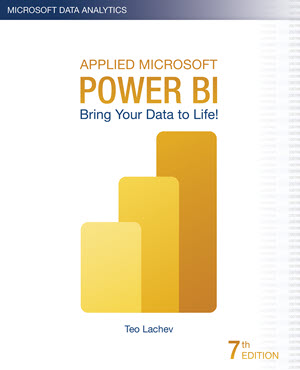Predict This!
My wife bought a pack of replacement water filters from Amazon. It was tagged as “Amazon’s choice”. The product listing showed the manufacturer name and it had a nice product photo advertising genuine filters. Except that there were all fake, which we discovered quickly by the output water pressure. The water coming out of a filter should have lower pressure while there was no difference with the “genuine” filter as though there was no filtering going on at all. And the water had a bad aftertaste. So, we call the manufacturer. They compared the batch number from the package (manufactured in China) and found it fake. That filter could have had some Chinese poison in it and Amazon would have sold it under “Amazon’s choice”. BTW, when we reported this to Amazon, the product was listed under a different seller.
There is a lot of noise (mostly vendor-induced propaganda as previously with Big Data) around AI, ML, and other catchy flavors of predictive analytics. I have a lot of respect for Amazon and I’m sure they know a lot about ML. Yet, fake products sneak in undetected and bad people find ways to cheat the system. In fact, I don’t think that advanced analytics is needed to solve this problem. All Amazon has to do is let big name manufactures register their approved resellers on the Amazon website. If the seller is not on the list, Amazon could flash a big juicy warning for the buyer. This would be a win-win for Amazon by improving their credibility as a retailer, manufacturers, and buyers. BTW, many manufacturers don’t sell on Amazon because of the exact same reason: counterfeited products that harm the brand.
But Amazon, whose platform’s main goal appears to be making as much money as possible by “democratizing” the retail industry, doesn’t do this. I might not know much about business, but I know that trust is paramount. When corporate greed takes over and their platform tags fake products as “Amazon’s choice”, where is that trust? BTW, I was told by the Amazon’s rep is that I could have a better confidence that a product is genuine if it says that it’s “sold and distributed by Amazon”. Which makes me skeptical because it means that their warehouses must be divided in two areas: one for sold and distributed by Amazon that stores genuine products supposedly procured by Amazon and another for sold by someone else but distributed by Amazon. Somehow, I doubt they do this.
So, Amazon, apply ML to predict the probability of buying a genuine product and show me the confidence score. Perhaps, I’ll buy more…





